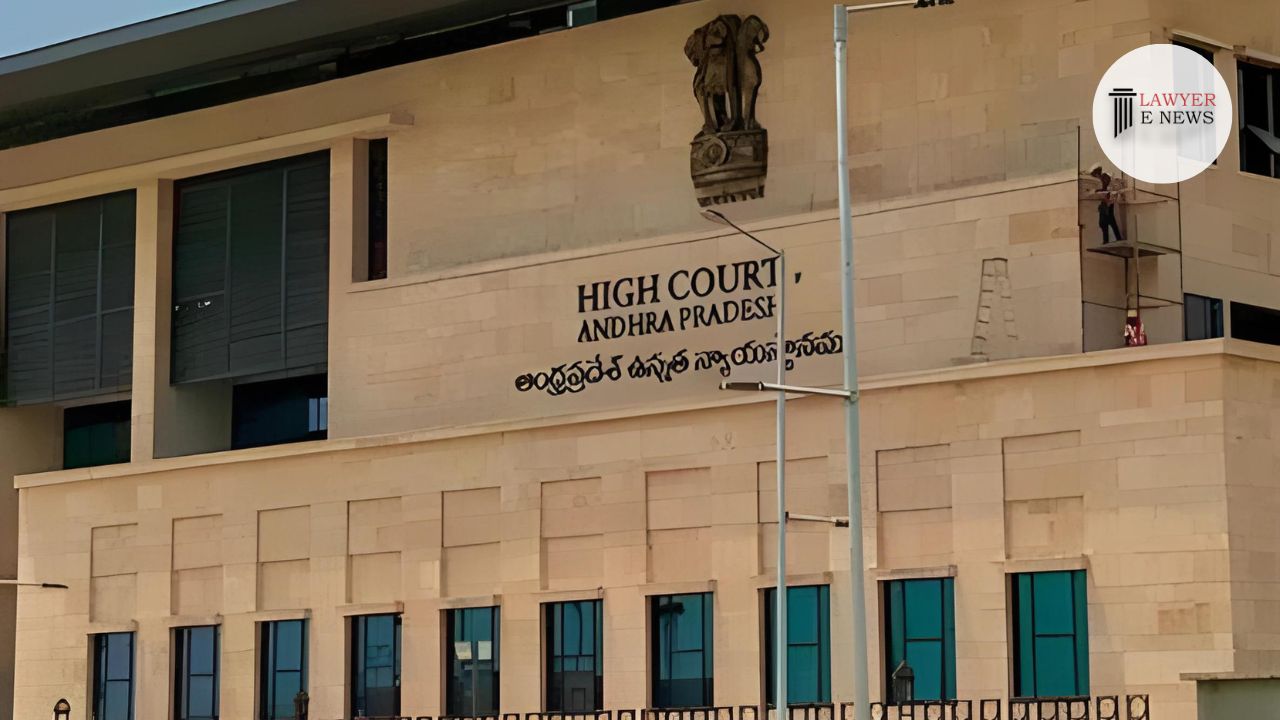-
by Admin
15 February 2026 5:35 AM



In a significant ruling, the Andhra Pradesh High Court, presided over by Hon’ble Sri Justice Tarlada Rajasekhar Rao, has dismissed a Criminal Petition seeking to quash a complaint in a cheque fraud case. The petition, filed under Section 482 of the Code of Criminal Procedure, 1973, involved complex issues surrounding a fraudulent cheque and the misuse of a power of attorney.
The court, in its detailed observation, emphasized the importance of procedural fairness, stating, “Procedure should never be made a tool to deny justice or perpetuate injustice by any oppressive or punitive use.” This remark underscores the court’s commitment to ensuring that procedural technicalities do not overshadow substantive rights and the pursuit of justice.
The case, registered as Criminal Petition No. 2885 of 2019, centered around a complaint against the accused for issuing a colored Xerox copy of a cheque amounting to Rs. 2,50,00,000/-. The petition raised critical legal questions about the validity of actions taken under a power of attorney in criminal proceedings and the impact of procedural defects in legal processes.
Justice Rajasekhar Rao, in his ruling, referenced several landmark judgments, reinforcing the principle that the courts exist to decide on the rights of parties, not to punish them for procedural mistakes. He highlighted, “If there was an inadvertent technical violation of the rule in consequence of a bona fide mistake, and the mistake is subsequently remedied, the defect need not necessarily be fatal.”
The decision to dismiss the petition and continue with the trial process reflects the court’s approach to resolving disputes through comprehensive factual examination. The ruling is a reminder of the legal system’s role in balancing procedural requirements with the need for substantive justice.
Date of Decision: 9 November 2023
A Rafeeq vs C Vijaya
